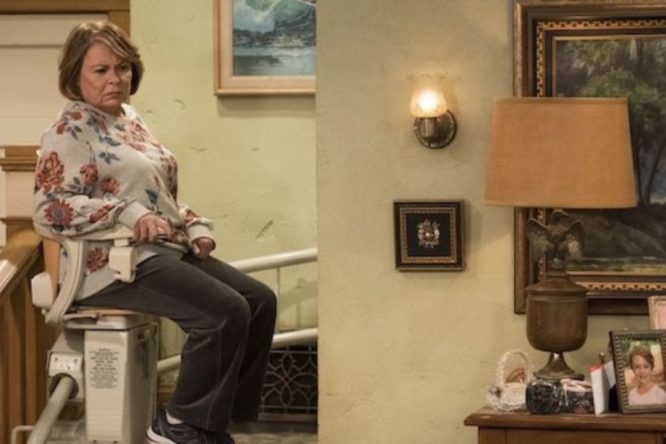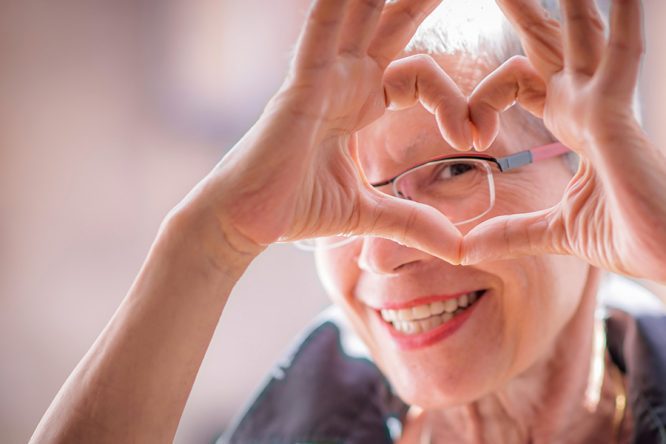Two weeks ago, on a whim, I wrote an article discussing how the reboot of the show “Roseanne” has been addressing issues related to aging. Since writing that article, another episode has debuted that touched on an issue that many Baby Boomers are struggling with — aging parents. Specifically, we’ll be reviewing season 10, episode 6, entitled “No Country for Old Women.”
In the show, Roseanne and her sister, Jackie, are confronted with how best to assist their aging mother, Beverly. Neither daughter wants to take full responsibility for her, as they are both leading complicated lives that leave little time for caring for an aging parent. It also doesn’t help that Beverly has a challenging personal outlook and worldview. Eventually, the sisters decide on “joint custody,” with the mother alternating where she lives every week. As one would suspect, Beverly isn’t very happy with this situation. After Jackie catches her mid-coitus with an older gentleman in Jackie’s apartment, Beverly half-heartedly threatens suicide. This moment helps Jackie to see the challenges her mother faces and how the whole situation makes her feel unwanted. Jackie concedes, and Beverly takes up residence with her.
In less than a half hour of television, this episode struck at the heart of a growing crisis in American families. As people live longer, their retirement funds are drying up, and their need for extended medical care grows. Families once took care of aging relatives at home, but that was usually for just a few years. Now, an aging parent might live for a decade or more, requiring additional care that children and grandchildren just aren’t able to render. Of course, the children don’t want to feel guilty by placing their parent in a community that the parent doesn’t want to go to. It’s a rock and a hard place, for sure.
In 2016, The Atlantic published an article called, “What Aging Parents Want From Their Kids.” In the piece, several families are interviewed about how they are handling aging, from both the children’s and parents’ point of view. It’s fascinating how the roles have reversed, with parents feeling the stress of being checked up on and feeling as though their life is under constant scrutiny. This can lead to parents trying to hide age-related health issues, such as memory lapses and difficulty with daily activities. On the other side of the coin, adult children are often afraid of their parents getting hurt, further encouraging their protective behavior. Welcome to the new normal for many families.
“Roseanne” adroitly manages to take a serious topic and find the humor in it. Yes, Beverly is a prickly individual that is hard to like, but she’s still a human being with feelings that can be hurt. Just because she’s aging doesn’t mean that she is bereft of value. Jackie and Roseanne are forced to confront their own behavior and how it impacts someone they love.
This issue is becoming all too common in our space. As caregivers to the aging, we must also care for a resident’s family, who can be just as scared as a new resident. The services that communities provide are felt well beyond the resident, and our ability to put the family at ease is often even more important than the direct care a resident might get.
Source:
https://www.theatlantic.com/health/archive/2016/03/when-youre-the-aging-parent/472290/



